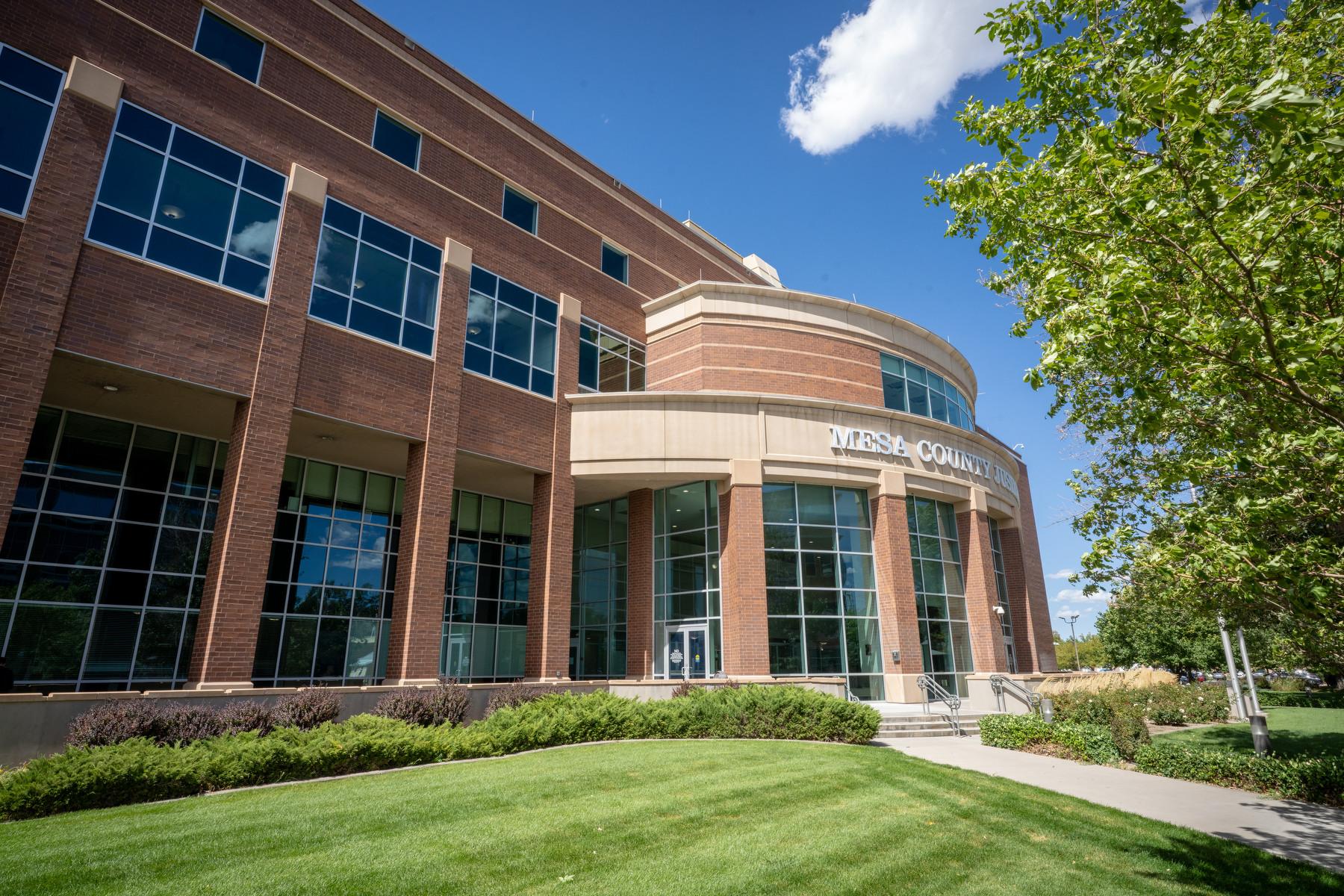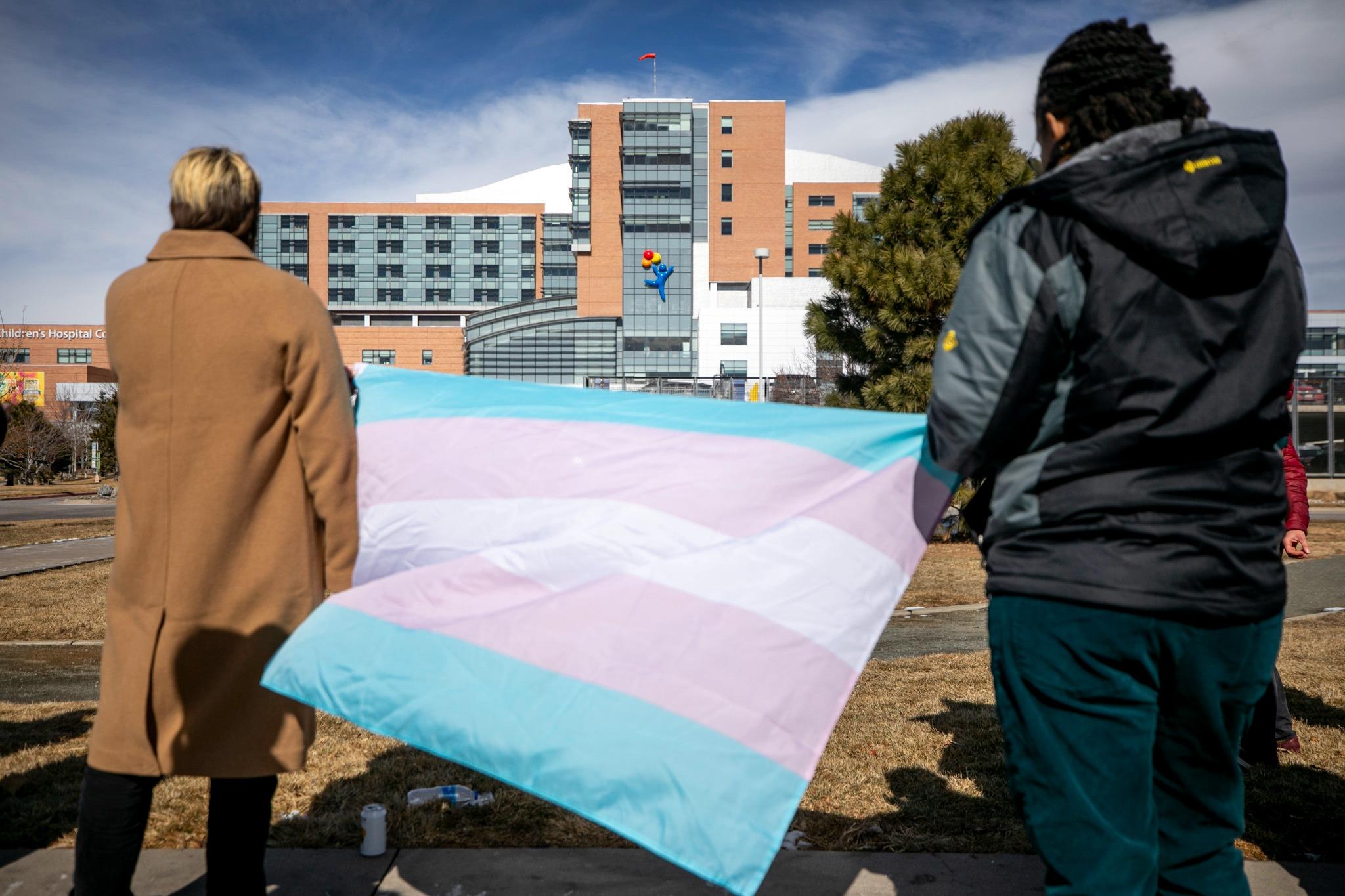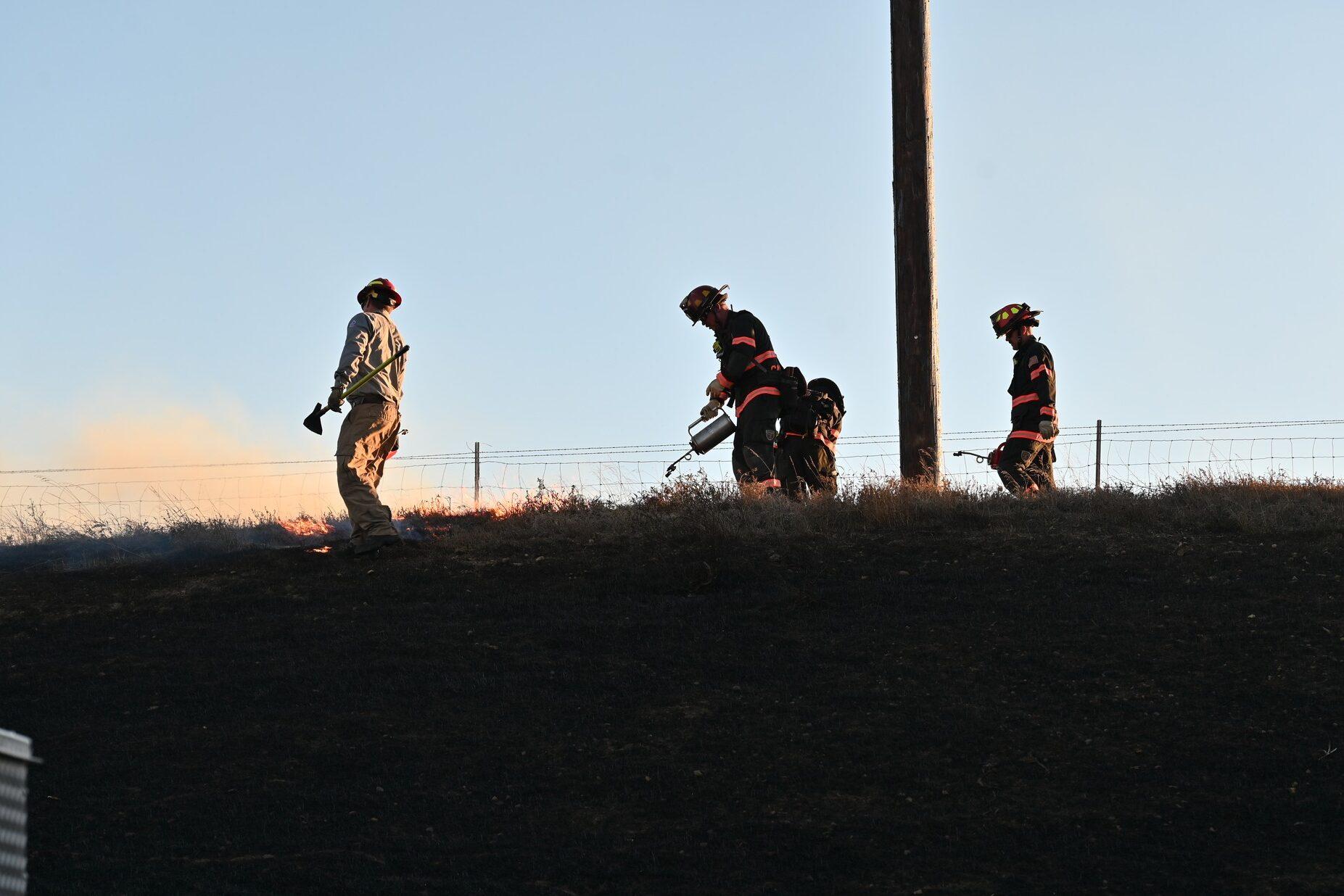
When a powerful avalanche rumbled down Mt. Everest on Saturday, Colorado mountaineer Matt Moniz dove behind a boulder to avoid the wall of snow, ice and debris coming his way.
The 17-year-old Boulder climber was in a base camp at about 17,500 feet, getting ready to summit the world's highest mountain. Here's how he described the avalanche to Colorado Matters host Ryan Warner via satellite phone:
"I was walking through the middle of camp with my climbing partner Willie Benegas and our sherpa. We felt the ground moving a lot and we looked up and there was a huge avalanche, a huge wall of snow coming for us. So we all jumped behind a rock and pulled our neck gators up over our faces so we wouldn't inhale any snow and sat there for about a minute. And then after that we kind of all got together and started to look for people and treat people."
Eighteen people died in the base camp, Moniz said, but everyone on his team survived. The earthquake that caused the avalanche killed at least 5,000 people in Nepal -- though that number is expected to rise.
Since the avalanche on Saturday, Moniz has been helping with rescue efforts at his camp. He said the camp, made up of climbers from all over the world and local sherpa guides, came together to "save a lot of lives."
"Because it was an air blast, a lot of people were thrown. There's a wide range of injuries. A lot of skull fractures and broken legs and broken arms," he said.
Moniz says reaching the top of Everest is "definitely not in the cards at the moment," and that the disaster has given him pause to reflect on what might have happened.
"If we were a minute or two slower, it might have been a very different situation," he said. "And talking to a lot of my sherpas, and kitchen staff, and whatnot, I have a home to go back to. Which is amazing. But a lot of them have lost family members, and a lot of them have lost their homes."
Moniz said he'll be back in Colorado on May 4 at the earliest, but it could be much later due to ongoing recovery efforts in Nepal's capital Kathmandu.








